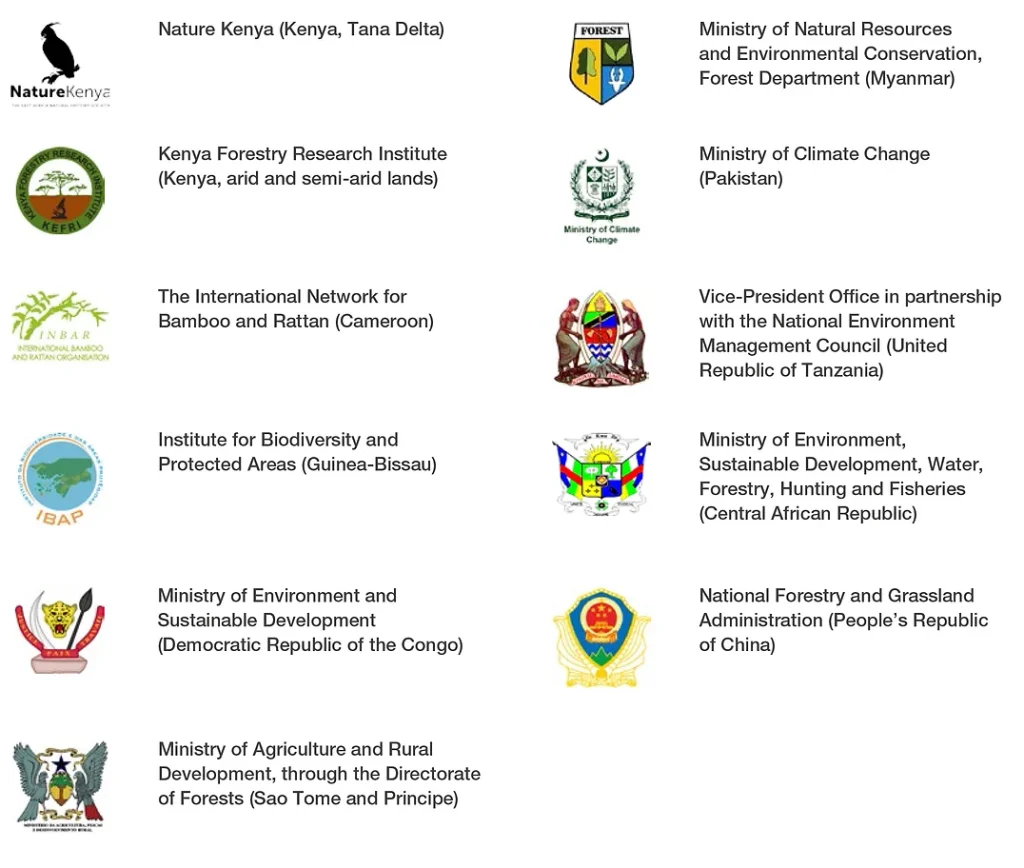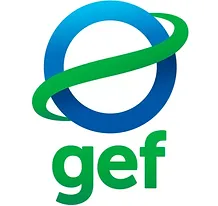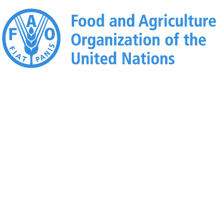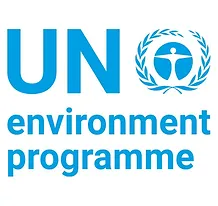TRIPARTNERS
FOUNDING PARTNERS
TRI is supported by the Global Environment Facility (GEF). The initiative contributes to the GEF’s commitment to assist developing countries in meeting the objectives of multilateral environmental agreements, including those on combatting land degradation, mitigating climate change and haulting biodiversity loss. GEF support for TRI is also enabling partner countries to deliver on commitments made to larder restoration initiatives, including the Bonn Challenge and AFR100.
IUCN serves as lead agency for TRI, providing programmatic coordination, integration, and harmonisation of work across the 11 partnering country projects, agencies, and partners. IUCN is also leading support for partnering countries in strengthening the enabling in-country policy environment for forest landscape restoration. IUCN is the implementing agency for four TRI national projects in Cameroon, China, Guinea-Bissau and Myanmar (suspended).
FAO leads support for partnering countries in the capture and dissemination of best practices on forest landscape restoration and in capacity building on a wide range of tools and topics integral to this subject. FAO is the implementing agency for five TRI national projects in the Central African Republic, the Democratic Republic of the Congo, Kenya’s arid and semi-arid lands, Pakistan, and Sao Tome and Principe.
UNEP, through their UN Environment Finance Initiative, a 25-year public–private collaboration with a network of more than 300 financial institutions, supports partnering countries through technical assistance and capital markets connections in efforts to mobilize and catalyse domestic and external funding for large-scale restoration. UNEP is the implementing agency for two TRI national projects in the Kenya Tana Delta and the United Republic of Tanzania.
GOVERNMENT & EXECUTING PARTNERS




